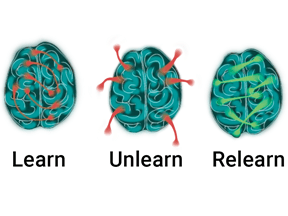
SCCT 2023: Adapting and Advancing
“It is not the strongest of the species that survives, nor the most intelligent. It is the one that is most adaptable to change.” – Charles Darwin Across healthcare today, clinicians have been handed a priority list so long as to border on the implausible. Clinically, patient partnerships1 are needed to improve outcomes. Economically, better care must be delivered without waste2. Societally, health equity3 is a continuous focus. Technologically, advancements4 must be evaluated and, as appropriate, incorporated. And all of this is required whilst the structures in which we work are rapidly transforming5, for better or worse. Given the task at hand, even










